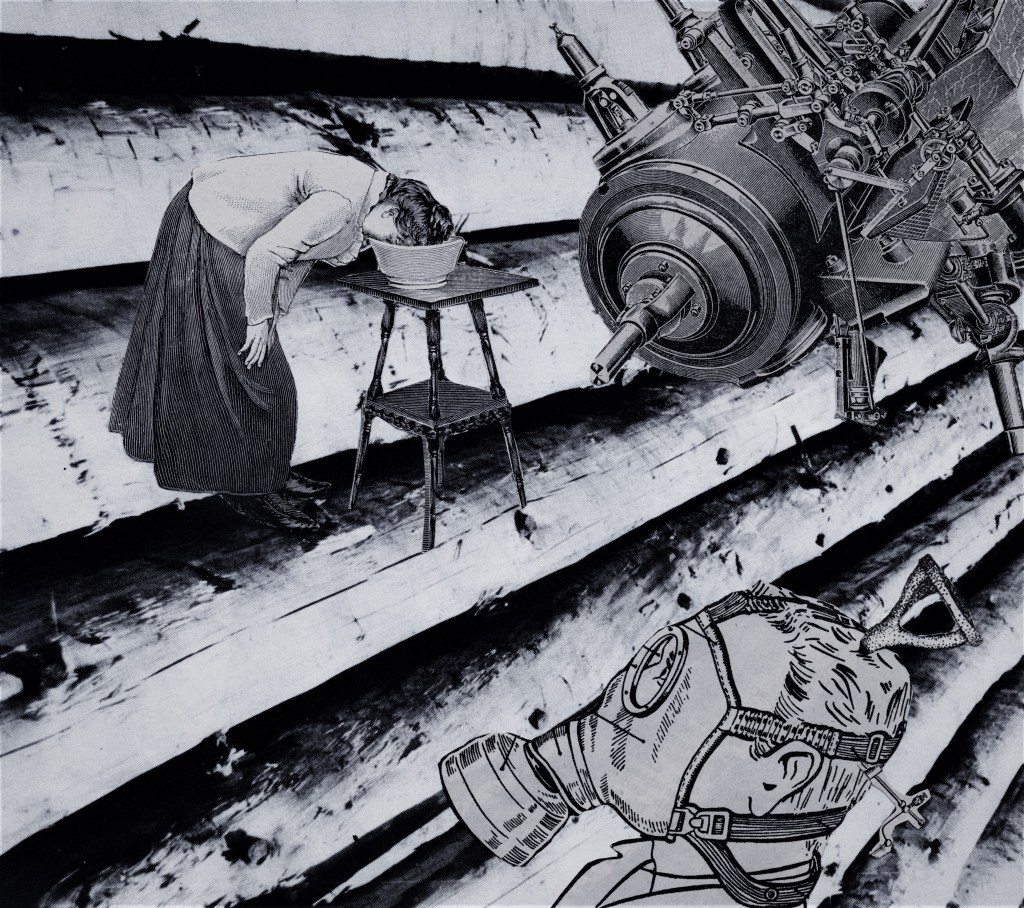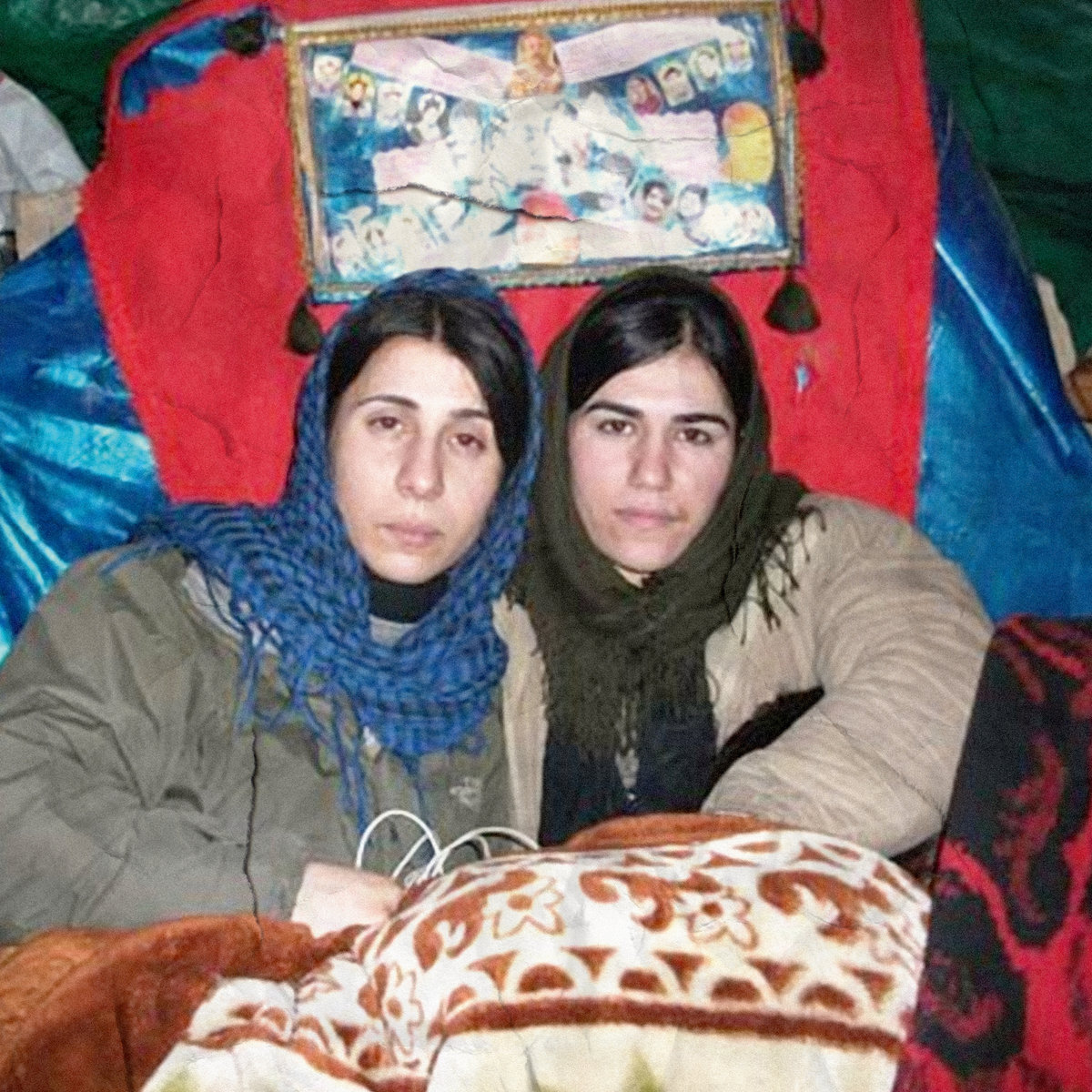Crisis (as well as critique) stems from the old Greek κρίνειν (krínein), meaning „to distinguish, to differentiate” or “to separate”. The original meaning of apocalypse (ἀποκάλυψις) is „revelation, disclosure, unveiling”.
At least since the financial crisis of 2007-2008, crises have spread on a global level. Climate crisis, political crises, wars, refugee crises, pandemics etc. have become ubiquitous, are interlinked and seem to multiply by the month. If etymology is of any help in understanding the current situation, one could say that the concept of crisis is in crisis itself: if too many differentiations (between before and after, between ‘normal’ and ‘unprecedented’ etc.) happen at the same time, the terrain becomes unstable, confusing and seemingly undifferentiated. Crisis as something that forces a Kantian critique to its limits because reason is confronted with too many fault lines to distinguish between. The ‘new normal’ becomes its own ontology, leaving the old one behind, crisis becomes perpetual and tiresomely quotidian. When crisis becomes the mode of normalcy itself, something else happens: the gradual revealing of a different world we are all going to inhabit; apocalypse not as the end of the world itself but as the end of a certain way of living in this world, of viewing it, structuring it, giving it meaning and interacting with and within it. This apocalypse strikes hard in the places where a certain concept of ‘normalcy’ has been central for stabilizing the social, political and economical status quo (e.g. affluent, white, heteronormative etc.). The world (i.e. certain concepts of the world, ways of viewing and explaining it) is ending for sure, what is going to be unveiled will be the result of the struggles we are currently living through.


